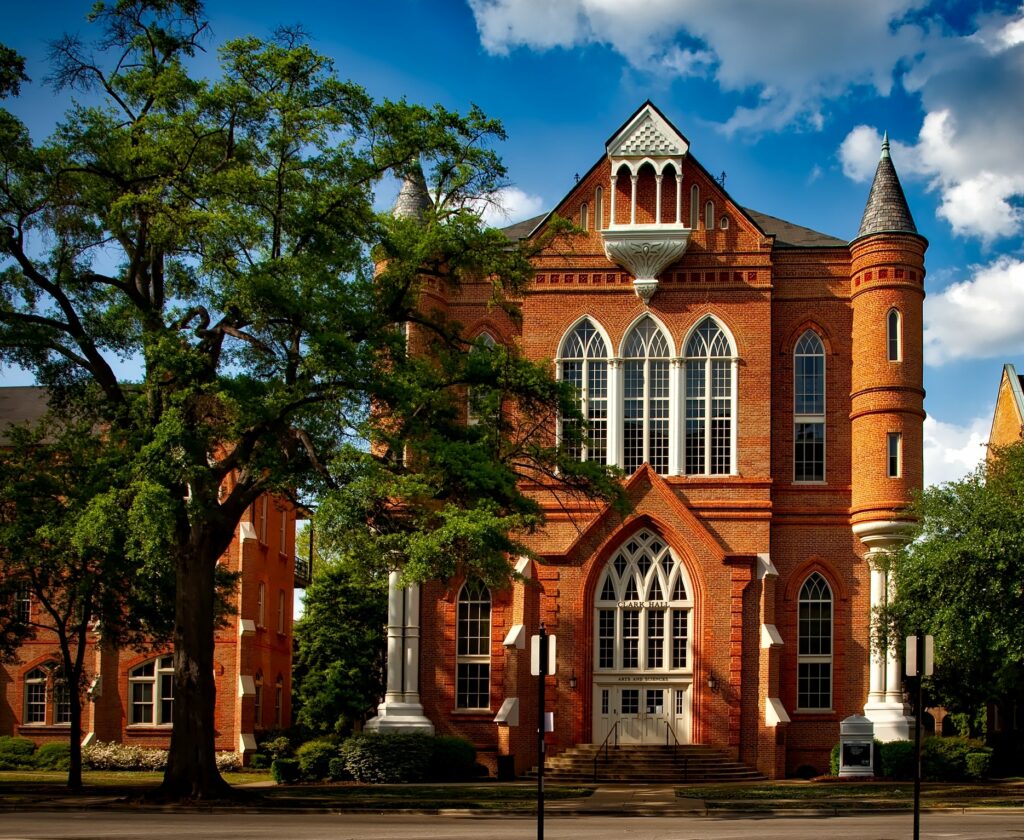Honor societies at universities in the United States are highly esteemed groups that highlight and celebrate students’ achievements in and outside of the classroom. The first of these honor societies may be traced back to the late 1700s and early 1800s. Let us know about the ‘Honor Societies In College’.

The purpose of honor societies is to promote and honor scholarships and other types of student success in higher education. Honor societies have different prerequisites for joining. To join, prospective members must often meet rigorous standards, such as a minimum GPA, a certain amount of completed credits, or proof of leadership and volunteer work experience.
Society might be based on a specific discipline, like math or biology, or it can be more general and focus on recognizing excellence in things like leadership or character. They also recognize excellence in extracurricular pursuits. Honor society inductees are often eligible for a slew of perks, such as financial aid, professional development opportunities, and public acknowledgment.
Honor societies in college
Yes, Several universities and colleges do have honor societies of their own which deserving students might aspire to join. These honor societies might be specialized for a given academic topic or they can be accessible to students from all academic areas. Several universities and colleges have local branches of national and international honor societies in addition to those that are college-specific.
There are national and international honor societies, and there are also honor societies that are exclusive to certain schools. Membership may be granted automatically or may be contingent upon an applicant’s meeting the requirements set out by the organization.
Present-day College Honor Societies of Note
Around the United States, students may join one of a wide variety of honor societies. To name a few of the world’s most notable societies:
- Phi Beta Kappa: This is one of the oldest and most prominent honor societies for the humanities and social sciences. There is a very tiny number of pupils at each school that are invited to join due to their outstanding academic standards.
- Alpha Lambda Delta: This honor society celebrates exceptional academic accomplishment among students in their first year of college. A 3.5 GPA and placement in the top 20% of one’s class are requirements for membership.
- Golden Key International Honor Society: This is a group of outstanding college students who have distinguished themselves academically, socially, and/or civically. Members get priority for outstanding scholarships, networking events, and educational materials.
- National Society of Collegiate Scholars: To reward and inspire academic success among college students, the National Society of Collegiate Scholars provides members with a variety of options for personal and professional growth, such as scholarships, leadership training, and access to professional networks.
The Value of Honor Societies in the College Experience
There are several ways in which college students might profit from joining an honor society. It is, above all else, a symbol of appreciation for their efforts and commitment, whether to academic success or any other sort of greatness. Students may take satisfaction in this achievement and be inspired to continue their pursuit of greatness as a result of being recognized. Students may find a sense of belonging and encouragement via honor societies. Joining an honor society may provide you with a feeling of community with others who share your interests and ideals.
The Perks of Joining
Honor societies provide college students with many advantages. Potential advantages include:
- Awards for academic or other success
- Private funding opportunities
- Possibilities to connect with other successful students and workers
- Opportunities to advance one’s career, such as job fairs and portfolio workshops
- Potential for leadership growth
- Volunteering Possibilities in Your Community
- Eligibility to participate in honor society-related conferences and activities
Obstacles and Rebuttals
Honor societies have the potential to improve the lives of their members in many ways, but they are not immune to criticism or difficulty. Among the most often voiced problems and objections are:
- A high membership cost is required by certain honor societies, which might be a financial hardship for some students.
- Honor societies are a great way to network with like-minded individuals, but some of them may not be worth the investment if they don’t provide much in the way of tangible rewards beyond name recognition and invitations to special events.
- Certain honor societies may not have a diverse membership due to a lack of people of different races, ethnicities, socioeconomic backgrounds, or other characteristics.
- Some students may be turned off by the impression that honor organizations are just for the most academically gifted.
Choosing an Honor Society: Parameters
There are many different honor societies out there, and it might be difficult to select the one that is best for you. While deciding on an honor society to join, it’s important to think about the following:
- Prerequisites: Investigate the Society’s Membership Requirements to See whether You Qualify to Join.
- Stands to benefit: Think over the perks the society offers and whether or not they suit your plans.
- Look at the membership fee and decide whether it’s something you’d be willing to spend.
- Reputation: Learn as much as you can about the society’s history of member acknowledgement and support.
- Think about society’s tolerance and acknowledgment of different people and ideas, and evaluate whether or not they mesh with your own.
Conclusion
At colleges and universities, honor societies play a significant role in the recognition and celebration of academic and extracurricular accomplishments among students. Honor societies offer students several chances and advantages that may help them achieve their academic and professional objectives. Honor societies may be rewarding experiences, but prospective members should weigh the pros, disadvantages, and skeptics before committing. Finding the proper honor society may help you make the most of your time in college by surrounding you with people who share your values and encouraging you to succeed.

